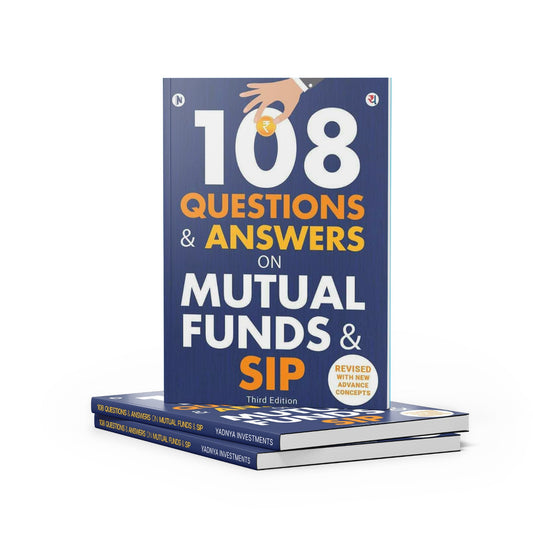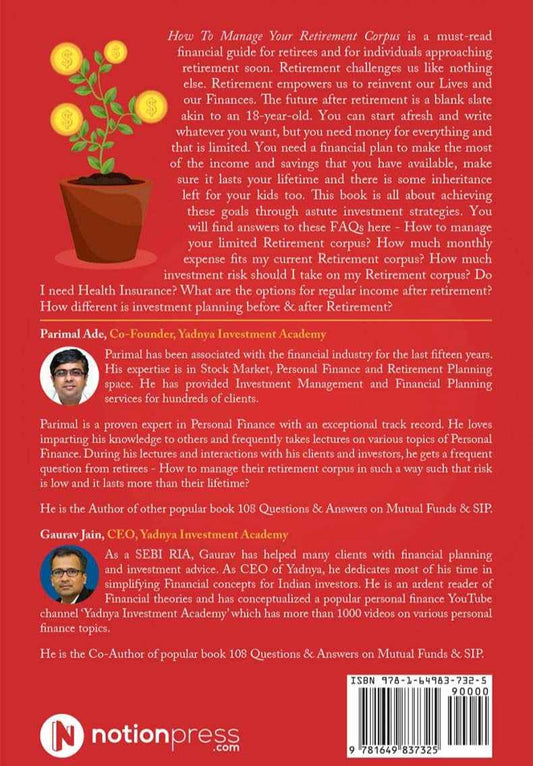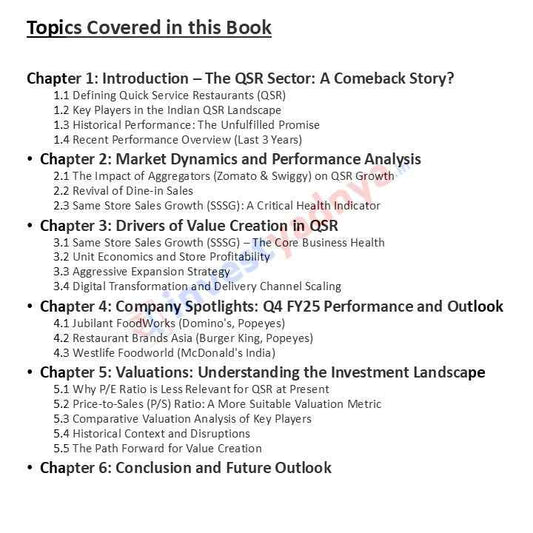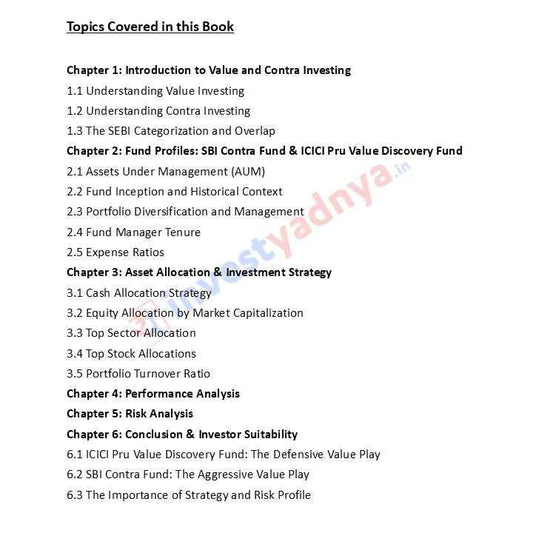
Speculation vs Informed Investing: The Indian Reality
What Is Speculation?
Speculation means chasing short-term market swings—buying and selling rapidly based on rumors, social media tips, or crowd excitement. This journey is emotional and risky:
- Many speculators follow trending stocks, viral WhatsApp forwards, or “insider tips” with minimal research.
- Leverage and margin trading are often used to amplify returns, but losses can spiral out of control when trends reverse.
- Herd behavior leads to panic selling and sharp losses, especially in volatile periods.
Example:
In 2023, several Indian stocks saw wild swings, where retail traders bought aggressively after online influencers predicted rallies. Those who entered late not only missed gains, but also booked heavy losses as trends turned.
What Is Informed Investing?
Informed investing means steady wealth creation by relying on:
- Careful research and robust fundamentals (such as company earnings, competitive strength, and sector growth).
- Diversified asset allocation to manage risk.
- Patience and long-term compounding, instead of chasing instant gains.
Example:
Consider an investor buying blue-chip companies or index funds after evaluating annual reports. By holding for several years—through market ups and downs—they benefit from dividends, long-term price appreciation, and favorable tax treatment.
Key Differences: Speculation vs Investing
| Aspect | Speculation | Informed Investing |
|---|---|---|
| Time horizon | Days to months | Years to decades |
| Decision drivers | Rumors, excitement, social media | Research, analysis, fundamentals |
| Tools used | Margin/leverage, derivatives | SIPs, diversification, asset rebalancing |
| Risk level | Very high; risk of total loss | Managed; capital protection focus |
| Typical outcomes | Boom-bust cycles, tax inefficiency | Steady compounding, lower taxes |
Indian Market Realities: Data & Trends
- A recent study found that over 70% of retail participants in major Indian stocks admitted to speculative activity during market booms—and 80% of these experienced regret after sudden corrections.
- Research confirms that impulsive, herd-driven behavior is a significant source of market bubbles and sharp crashes in India.
- Despite more Demat accounts and easier trading access, long-term investors consistently outperform speculators over 5+ years due to compounding and rational decision-making.
Impact of Staying Invested: A Simple Chart

This bar chart shows how ignoring the impulse to speculate—and staying invested—can turn ₹10 lakhs in Indian equities into nearly ₹96 lakhs over 20 years. Missing “critical days” through emotion-driven speculation slashes wealth creation dramatically.
Psychological Factors: Why Speculation Prevails
- Overconfidence, loss aversion, and herd mentality are powerful psychological biases found among Indian retail investors.
- Social media amplifies FOMO (fear of missing out), pushing traders into risky bets without adequate research.
- Speculators often focus on quick capital gains, ignoring dividends, tax-efficiency, and true risk management—that ultimately drive real financial freedom.
Practical Illustration: Bull vs Bear vs Stag Speculators
| Type | Description | Typical Risk |
|---|---|---|
| Bull | Bets on rising markets (“buy low, sell high”) | Sudden downturns |
| Bear | Bets on falling markets (short selling) | Unexpected rallies |
| Stag | Buys IPOs only to sell quickly post-listing | Listing volatility |
Even stag speculators in hot IPOs often face disappointment if hype outweighs underlying business value.
Sustainable Wealth: What Actually Works
In volatile periods (e.g., elections, global events, market corrections), speculators tend to panic and sell at losses. In contrast:
- Disciplined investors buy quality assets, reinvest dividends, and ignore short-term noise.
- Portfolio reviews and asset rebalancing are preferred over “all-in” risky bets.
- Steadily invested portfolios compound quietly, avoid the tax penalties of frequent trading, and resist market shocks.
Conclusion: The Indian Path to Financial Freedom
Excitement and speculation draw big crowds; but only discipline, analysis, and informed investing deliver lasting financial freedom in India’s vibrant markets.
Want guidance in building your own resilient portfolio and avoiding the pitfalls of speculation? Connect with a financial advisor who blends research, experience, and steady discipline.















